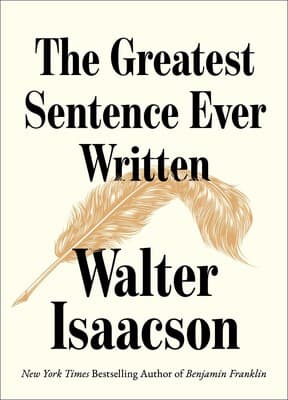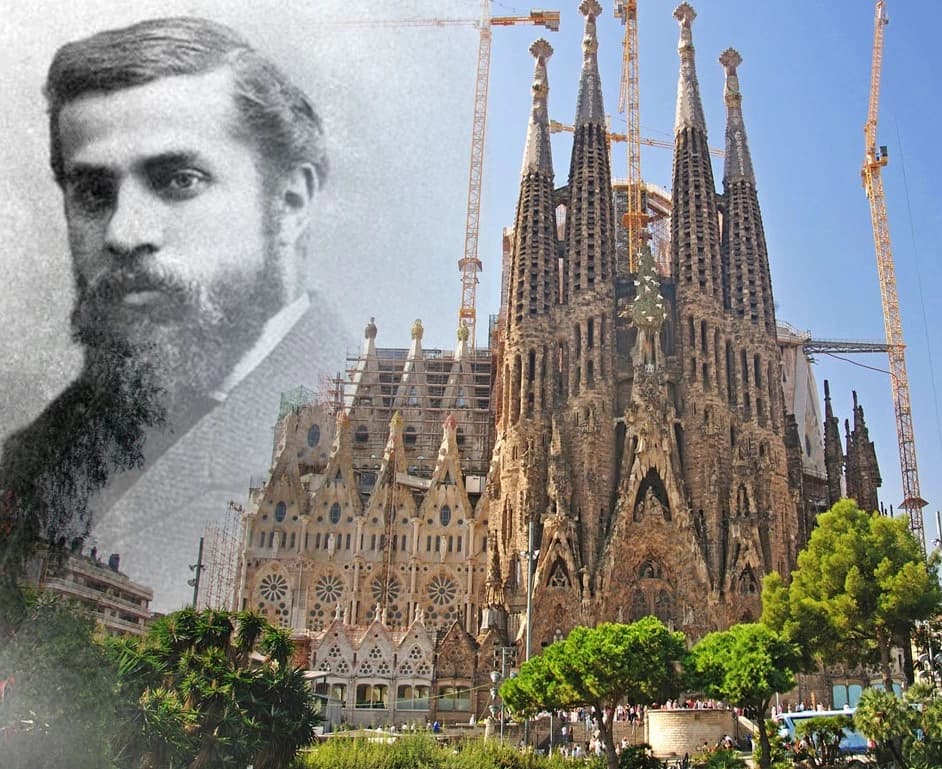Walter Isaacson Champions The Greatest Sentence Ever Written
Walter Isaacson examined what elevates a line of prose to lasting power in a CBS News segment, prompting fresh discussion about literature in a fractured attention economy. His appearance offers a cultural counterpoint to the day's hard news, underscoring the continuing market and social value of storytelling.

Walter Isaacson used a national television platform to spotlight a deceptively simple question, what makes a sentence endure, and in doing so he turned a moment of literary appreciation into a broader conversation about culture, commerce and civic life. The CBS News segment placed him amid a news lineup heavy with political and legal drama, a contrast that sharpened his point about language as a form of influence and lasting meaning.
Isaacson came to the discussion with long standing credentials as a biographer whose portraits of Steve Jobs, Leonardo da Vinci and Albert Einstein reshaped public understandings of creativity and genius. In the segment he traced how a single line can compress time, reveal character and alter a reader's view of the world. He examined the mechanics that make a sentence memorable and the cultural contexts that allow it to travel beyond its original audience.
The timing of the piece was striking. It ran in a CBS schedule that included coverage of the federal government beginning to reopen after the shutdown at 02:01 on November 13, 2025, questions raised over Trump and Epstein friendship at 01:52 on November 13, 2025, and the release of Epstein emails referencing Trump at 34:25 on November 12, 2025. That programming mix revealed a deliberate editorial strategy. Networks are placing cultural features alongside urgent political reporting to retain viewers and offer emotional and intellectual ballast during turbulent news cycles.
From an industry perspective the segment underscores two converging trends. First, long form storytelling remains commercially viable for talent who can bridge disciplines. Isaacson is a brand who drives book sales, speaking engagements and streaming interest. Second, news organizations are monetizing cultural authority by packaging literary conversation with broader coverage that draws diverse audiences. That approach helps platforms differentiate themselves in a crowded market where quick hits and social media sound bites compete for attention.
Culturally, the segment speaks to a hunger for depth in an era dominated by fragmentation. A discussion about the anatomy of a sentence functions as a proxy debate about how we value complexity, whether in art, science or politics. When high profile figures elevate careful language, they implicitly critique the flattening effects of viral platforms and call for sustained attention as a civic virtue.
There are also social implications to consider. The canonization of sentences has historically reflected power dynamics, and asking who decides which line is great invites scrutiny of whose voices are amplified. Isaacson’s exploration of enduring prose can prompt readers to broaden their tastes and to demand that media and educational institutions support diverse literary traditions.
Isaacson’s CBS appearance was more than a literary exercise. It was a demonstration of how cultural conversation can be staged to compete with breaking news, how words retain economic value for creators and distributors, and how the public appetite for depth can shape programming choices. In a media moment defined by speed, the idea that a single sentence can continue to resonate is a reminder that attention remains a scarce and influential currency.


